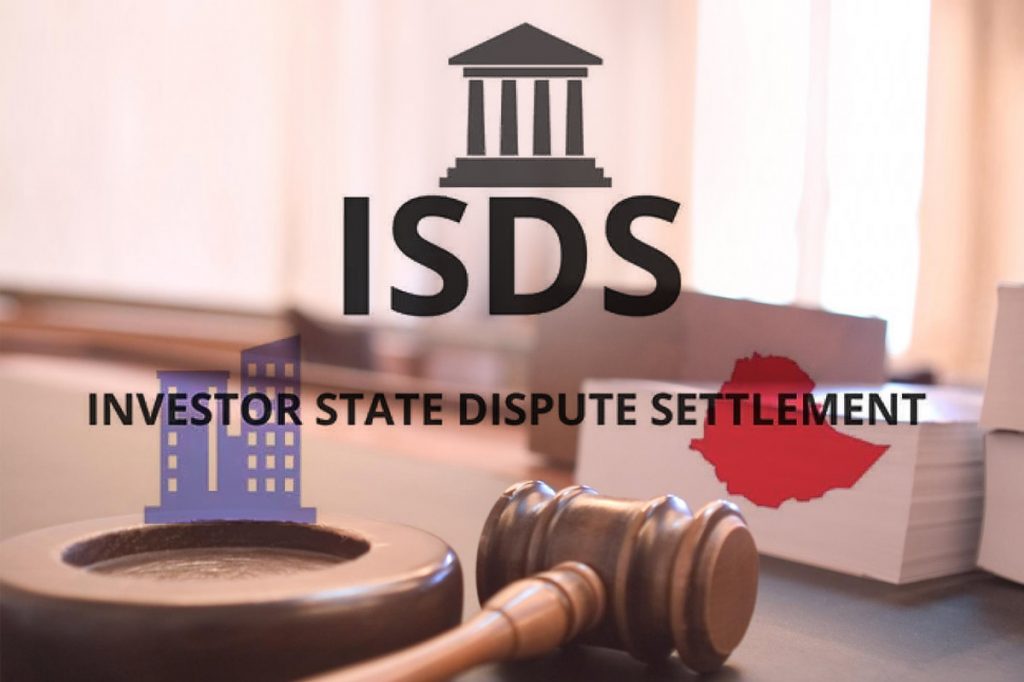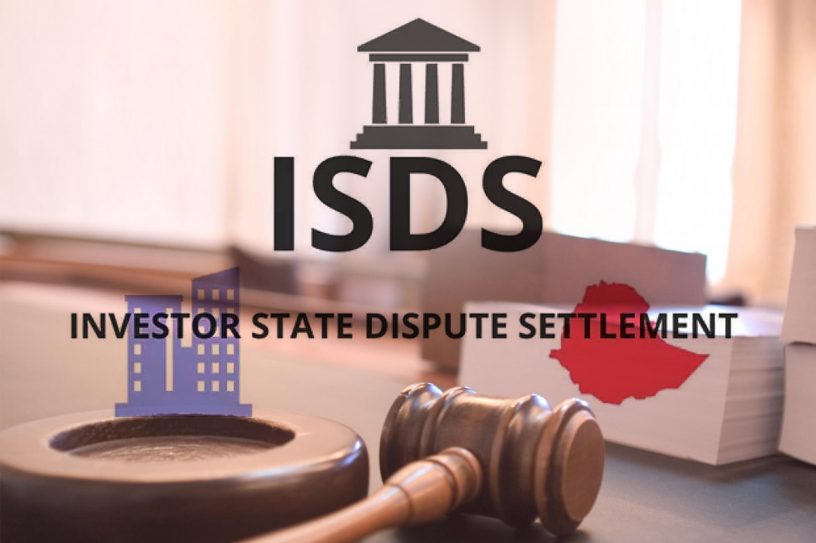
The article discusses the treaty defences in bilateral investment treaties that India can rely upon to defend its Covid-19-related regulatory measures.
Authors
Prabhash Ranjan, Senior Assistant Professor, Faculty of Legal Studies, South Asian University, New Delhi, India [He is currently Professor and Vice Dean (Continuing Education), Jindal Global Law School, O.P. Jindal Global University, Sonipat, Haryana, India.]
Pushkar Anand, Assistant Professor, Faculty of Law, University of Delhi, New Delhi, India.
Summary
The Coronavirus Disease 2019 (Covid-19) pandemic has forced States to adopt a number of regulatory responses, which, in turn, could negatively impact foreign investors. Thus, many apprehend that foreign investors might bring investor-State dispute settlement (ISDS) claims against States under different bilateral investment treaties.
The Covid-19 pandemic has badly affected India, forcing India to adopt a national lockdown to slow down the spread of the disease. The lockdown ran for several weeks bringing a large range of economic activities to a grinding halt.
In this context, this article argues that if ISDS claims are brought against India, India will be able to defend its Covid-19 regulatory measures under the treaty defences given as part of the non-precluded measures provision and as an exception to the expropriation provision.
Further, India will also be able to rely on the police powers doctrine emanating from customary international law. Given the scale of the pandemic, the tribunals should grant substantial deference to India while adjudicating upon its Covid-19-related regulatory measures.
The researchers conclude that if Covid-19-related regulatory measures are bona fide, adopted following due process in a non-discriminatory manner and are not excessive, the arbitral tribunals shall not find fault with such measures.
Published in: Asia Pacific Law Review
To read the full article, please click here.


